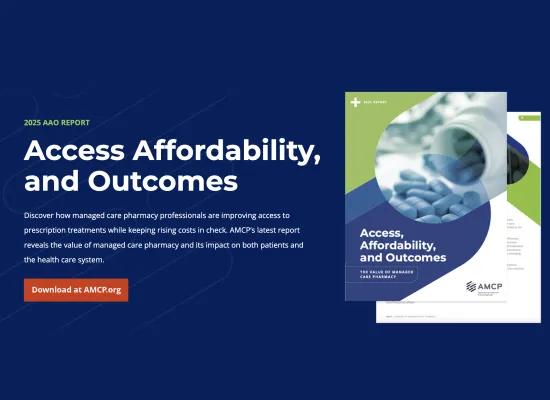
Pharmacy Stakeholders Release Standardized Documentation of Medication Therapy Management Services Using SNOMED CT Codes
Exchange of Clinical Data Across Care Settings Improves Patient Outcomes and Promotes Interoperability
Alexandria, Va., October 31, 2016 — Pharmacy professional organizations and stakeholders today released a standardized framework for documenting medication therapy management (MTM) services using SNOMED CT (Systematized Nomenclature of Medicine: Clinical Terms) codes — a standard clinical terminology used for the electronic exchange of clinical health information and reporting of clinical quality measures.
SNOMED CT has been designated by the Office of the National Coordinator for Health Information Technology (ONC) as the official HIT standard for clinical communication and is fundamental to an interoperable electronic health record (EHR). SNOMED CT allows for standardized documentation of findings, interventions, and other clinical information which can be shared electronically across care settings. SNOMED CT will help to improve patient outcomes by giving providers a more complete and consistent picture of a patient’s clinical history.
The pharmacy profession has taken the lead in defining MTM services and developing MTM Value Sets, which are subsets of codes used in EHRs and other software. Developing a consistent and standardized set of definitions for MTM services is critical to allow for comparisons in outcomes across various provider types, healthcare settings, and patient populations. In addition, participants in the Center for Medicare and Medicaid Innovation (CMMI) Part D Enhanced MTM Model, which begins in January 2017, are required to document and report clinical information using SNOMED CT.
Stakeholders developed the standardized framework using a multipronged approach, including a live meeting, workgroups, and an open public comment period. Pharmacy professional organizations, Medicare Part D sponsors, pharmacist clinicians, MTM vendors, technology vendors, EHR vendors, integrated delivery networks, government agencies, and academia provided feedback and recommendations.
The standardized framework addresses two principle goals:
- Short-term: Provide a consensus-based standardized framework for Medicare Part D sponsors participating in the Enhanced MTM Model to report data using SNOMED CT codes in a meaningful manner beginning with the initiation of the program.
- Long-term: Provide a consensus-based standardized framework to use SNOMED CT codes for the documentation of all MTM services, and develop an ongoing process for refining the standardized framework as MTM services evolve over time.
The standardized framework will be reviewed and updated by organizations representing the pharmacy profession as evidence from the Enhanced MTM Model becomes available, as innovation in the delivery and documentation of MTM services continue, and as the practice of pharmacy continues to evolve.
Representatives from the pharmacy profession presented the standardized framework to staff from the Centers for Medicare and Medicaid Services (CMS) and CMMI on Oct. 13.
The following organizations support the Standardized Framework for Cross-Walking MTM Services to SNOMED CT Codes as an initial starting point for documenting MTM services using SNOMED CT codes: Academy of Managed Care Pharmacy (AMCP), Accreditation Council for Pharmacy Education (ACPE), ActualMeds Corporation, American Association of Colleges of Pharmacy (AACP), American Pharmacists Association (APhA), American Society of Consultant Pharmacists (ASCP), ASHP (American Society of Health-System Pharmacists), College of Psychiatric & Neurologic Pharmacists (CPNP), Fairview Pharmacy Services, Health Mart Systems, Inc., Hematology/Oncology Pharmacy Association (HOPA), Humana, Kaiser Permanente, Medication Management Systems, Inc., Mirixa Corporation, National Alliance of State Pharmacy Associations (NASPA), National Community Pharmacists Association (NCPA), OutcomesMTM, Pharmacy Health Information Technology Collaborative (PHIT Collaborative), Pharmacy Quality Alliance (PQA), PrescribeWellness, SinfoniaRx, The Ohio State University Medication Management Program, University of Arizona Medication Management Center, University of Florida Medication Management Center, and WellCare Health Plans, Inc. To learn more about the supporting organizations, please click here.
Featured News & Resources
See Full CalendarAward Applications Open
AMCP eLearning Day: Nexus Encore
Upcoming Events
AMCP offers a wide variety of educational opportunities, from events and webinars to online training.







